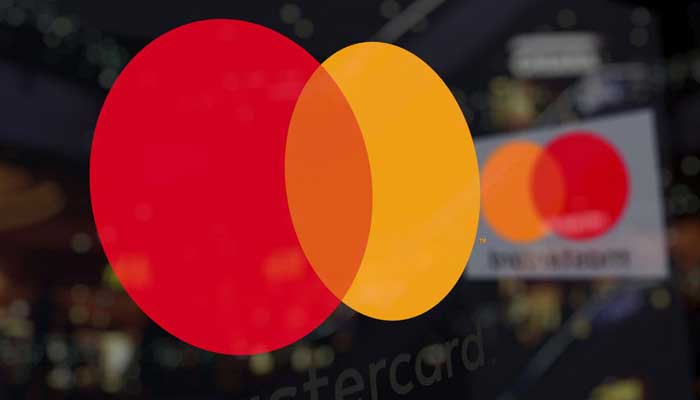With MasterCard shares trading at $547.73, the company’s continued success has taken the United States and its competitor, Visa, by surprise. As a result of the Durbin amendment, Mastercard had a 15% increase in debit and prepaid Gross Development Value (GDV) in 2012. The bill requires that banks with more than $10 billion in assets use separate payment processing networks for signature-authorities and PIN-authorized debit card transactions. This same bill has hurt Visa with a mere 6% increase, which resulted in lost market share to its rival credit card.
According to Forbes, this success should not have come as a huge surprise to the United States. Close to 40% of MasterCard’s revenue comes from the US and therefore correlates strongly with the US economy. MC’s momentum has naturally increased as the US economy has grown stronger.
Electronic payment solutions make up 60% of the US Personal Consumption Expenditures (PCE) and MasterCard maintains 10% of its market share. With improving economic conditions, experts believe PCE will soon reach a pre-recession level. If MC can maintain its 10% market share, the company could generate $1.27 trillion in assessment fee revenue by the end of the decade.
MasterCard Fees Account for Majority of Revenue
MasterCard charges data processing fees from banking clients based on the total number of transactions it processes as well as assessment fees that are a percentage of the gross value of the transaction. This makes up 60% of the revenue that the credit card giant earns annually. MasterCard also charges a cross-border fee when the cardholder’s bank is based in a foreign country, which consists of 25% of its revenue.
With 1.2 billion cards in circulation worldwide, MasterCard processes 30 transactions per card annually, adding up to 34 billion transactions each year. The card network’s GDV consists of 50% consumer credit cards, 40% debit cards, and the remaining 10% in commercial credit cards.
MasterCard momentum has hurt Visa’s success in the US and it does not show any sign of slowing in the coming years. The United States can interpret this as a sign of economic improvement. However, one cannot help but wonder: What is Visa’s next move?


